- myFICO® Forums
- Types of Credit
- Credit Cards
- Re: Rewards and the what have you done with them q...
- Subscribe to RSS Feed
- Mark Topic as New
- Mark Topic as Read
- Float this Topic for Current User
- Bookmark
- Subscribe
- Mute
- Printer Friendly Page
Rewards and the what have you done with them questions.....
Is your credit card giving you the perks you want?
Browse credit cards from a variety of issuers to see if there's a better card for you.
- Mark as New
- Bookmark
- Subscribe
- Mute
- Subscribe to RSS Feed
- Permalink
- Report Inappropriate Content
Rewards and the what have you done with them questions.....
So with all of these talks about rewards from our CC i get to thinking why do i care, they take very long to build up and the amounts are so small that does it really matter. On the other hand i read about free flights and hotel stays, now that matters! I would like to know what you get from your rewards..
1) What is the biggest items you have used your rewards for?
2) What was the value of your item?
3) How much money did you need to spend to get this?
4) What kind of card was it?
This would be fun to know..
Discover IT $0 on $2300, Wells Fargo Platinum $0 on $1600,
Capital one QuickSilver $0 on $1000, Wells LOC 0 of $5000
Scores: Purchased here on myfico
703 Experian
698Transunion
692 Equifax
Goals: 720+ all across and a AMEX PRG
- Mark as New
- Bookmark
- Subscribe
- Mute
- Subscribe to RSS Feed
- Permalink
- Report Inappropriate Content
Re: Rewards and the what have you done with them questions.....
@topisnear wrote:So with all of these talks about rewards from our CC i get to thinking why do i care, they take very long to build up and the amounts are so small that does it really matter. On the other hand i read about free flights and hotel stays, now that matters! I would like to know what you get from your rewards..
1) What is the biggest items you have used your rewards for?
2) What was the value of your item?
3) How much money did you need to spend to get this?
4) What kind of card was it?
This would be fun to know..
My parents have the same mindset about the amounts being small and not really mattering. Fact is, its bascially free money. My question is why wouldnt you care? I put everything on my cards just to earn the points, and even cashing in $50 bucks is a great feeling. Now to answer your question, I haven't purchased any big ticket items with rewards, I'm currently letting them build up (got about 225 on Discover and 5500 miles on Arrival). My DG parents on the other hand just bought a 70" Sharp LED tv with their Discover CB rewards, her dad said its a good feeling walking out of a store with a $2000+ tv and not even having to pay for it (per se, they put it on their Best Buy card...earning more points, then took the money from the Discover card as a direct deposit to pay BB card off) Well worth it in my opinion!
- Mark as New
- Bookmark
- Subscribe
- Mute
- Subscribe to RSS Feed
- Permalink
- Report Inappropriate Content
Re: Rewards and the what have you done with them questions.....
I just redeemed 30k Hyatt points via CSP transfer for two nights in a Hyatt that would have cost 900 bucks if I just paid for the room. That's awesome for me.
Honestly, these things don't happen over night. Unless we are talking about a sign up bonus, it's takes a combination of time and spending for rewards to accumulate. But if you are going to spend the money anyway, why not get a little something for your troubles? Maybe you spend 5k on a 2% cash back card over the course of a year. That's still a hundred bucks that you didn't have before. I think that a lot of people want to take an all expense paid vacation after six months of light to modest use and it just isn't feasible. However, something is better than nothing and it's all money that would have been lost if all expenses were paid with a debit card.
- Mark as New
- Bookmark
- Subscribe
- Mute
- Subscribe to RSS Feed
- Permalink
- Report Inappropriate Content
Re: Rewards and the what have you done with them questions.....
@topisnear wrote:So with all of these talks about rewards from our CC i get to thinking why do i care, they take very long to build up and the amounts are so small that does it really matter. On the other hand i read about free flights and hotel stays, now that matters! I would like to know what you get from your rewards..
1) What is the biggest items you have used your rewards for?
2) What was the value of your item?
3) How much money did you need to spend to get this?
4) What kind of card was it?
This would be fun to know..
I'll just go with my Arrival+ which I've had for 10 months now.
1. I've used it for a cruise deposit, 3 separate hotel stays, and anticipating it almost fully refunding the balance on the cruise I just paid off last month.
2. The cruise deposit was the biggest so far at $575, but I'm anticipating getting around $1900 back in September once I cash out the remaining miles.
3. So far $100k (about $10k/month).
4. Arrival+
- Mark as New
- Bookmark
- Subscribe
- Mute
- Subscribe to RSS Feed
- Permalink
- Report Inappropriate Content
Re: Rewards and the what have you done with them questions.....
It's an interesting question as to the "real" value vs costs of rewards. In the outside world, someone might have say a Quicksilver, use it for everything, and maybe end up with a hundred dollars or so at the end of the year, depending on spend. This really is free money.
Whereas here: hours spent researching cards, hours spent tracking utilization and due dates, paying early to reduce utilization thus losing float etc. If you calculate the extra effort to do it properly, vs the additional value of the rewards, might not be so great!
Similar questions were raised in manufactured spending forums. Yes, you can get a few thousand cash back per month, but if you are spending hours going to 8 different drug stores and supermarkets, then on to 4 different walmarts, and finally to 5 banks to deposit money orders, the time and gas cost may make clipping coupons from newspapers have a better $ per hour rate!
- Mark as New
- Bookmark
- Subscribe
- Mute
- Subscribe to RSS Feed
- Permalink
- Report Inappropriate Content
Re: Rewards and the what have you done with them questions.....
@Anonymous wrote:It's an interesting question as to the "real" value vs costs of rewards. In the outside world, someone might have say a Quicksilver, use it for everything, and maybe end up with a hundred dollars or so at the end of the year, depending on spend. This really is free money.
Whereas here: hours spent researching cards, hours spent tracking utilization and due dates, paying early to reduce utilization thus losing float etc. If you calculate the extra effort to do it properly, vs the additional value of the rewards, might not be so great!
Similar questions were raised in manufactured spending forums. Yes, you can get a few thousand cash back per month, but if you are spending hours going to 8 different drug stores and supermarkets, then on to 4 different walmarts, and finally to 5 banks to deposit money orders, the time and gas cost may make clipping coupons from newspapers have a better $ per hour rate!
I agree. I'm very analytical and so I'm trying to make sure I'm always getting the best redemption value. But like you say, MS is a losing proposition for me because it takes time to go do that and keep up on research (which costs money, especially since I value my time very highly), it is hard to track expenses and budget when doing MS, and it isn't looked upon favorably by CC companies - especially Chase (and I don't want to bite the hand that feeds).
Honestly, if you calculate the time we spend on here researching CCs vs what we would have earned if we spent that time working we probably wouldn't make as much back on our purchases as we think we do. But that's where one should just determine what is right for them. I used to just use a debit card - which gave really no rewards - for every thing and that worked for me then because it made it to where I could only spend what I had in the bank account. If I was using a rewards card then - I might have gained more rewards - but I probably would have spent more than I needed and ended up spending more on interest than I would have received on interest.
That's why I think it just depends on the person and what they want to do. If one feels like the QS is what is best for them and they are content with earning a flat 1.5% cash back without having to worry about anything else then more power to them (of course we know that the Amex Fidelity is better. ![]() )
)
- Mark as New
- Bookmark
- Subscribe
- Mute
- Subscribe to RSS Feed
- Permalink
- Report Inappropriate Content
Re: Rewards and the what have you done with them questions.....
I used QS as an example over Fid Amex because of the absolute "No Hassle" aspect, no minimum redeption, no need to set up a Fidelity account etc. For those who use credit cards to make purchases, rather than as something to obsess about!
- Mark as New
- Bookmark
- Subscribe
- Mute
- Subscribe to RSS Feed
- Permalink
- Report Inappropriate Content
Re: Rewards and the what have you done with them questions.....
Unfortunately, I realized rather late in the game that cash back is more valiable to me than MR points.
So guess what I pissed away 26,000 MR points on. ![]()
American Express - No CLI or Appreciation Gift in 7 Years
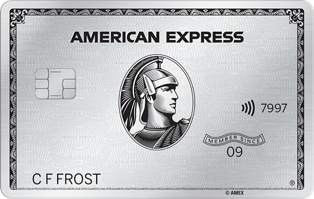
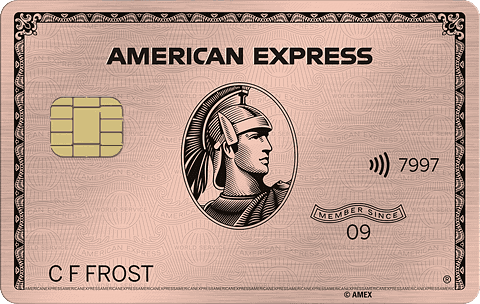
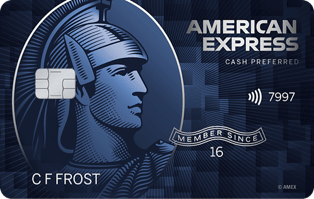
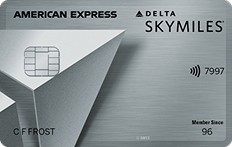
Citibank - Handing Out Credit Limits Like Candy
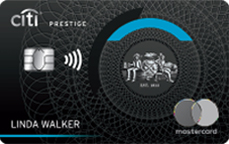
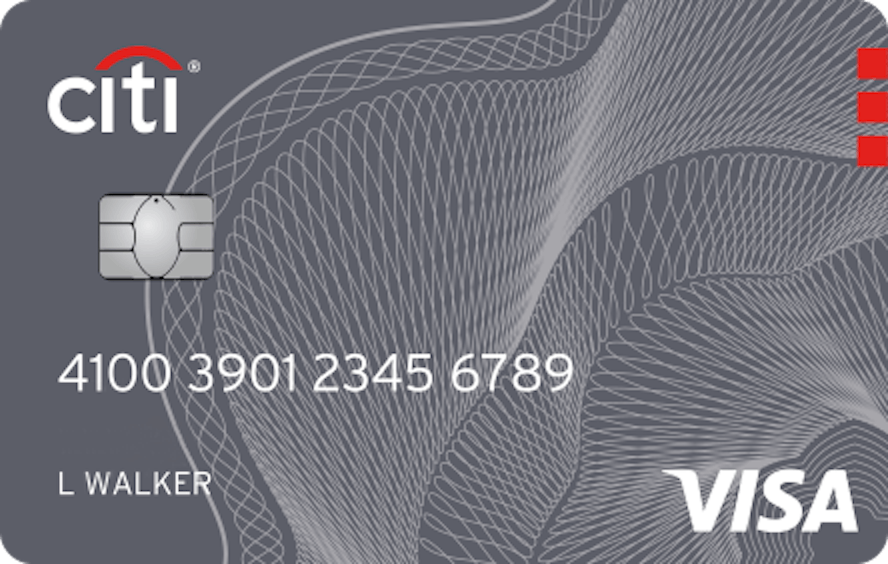
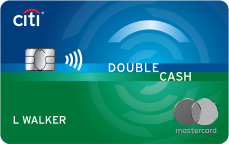

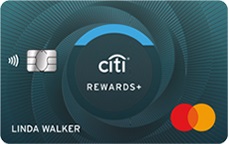
Chase - Surprisingly, Still Tolerating My Credit-Chasing Ways
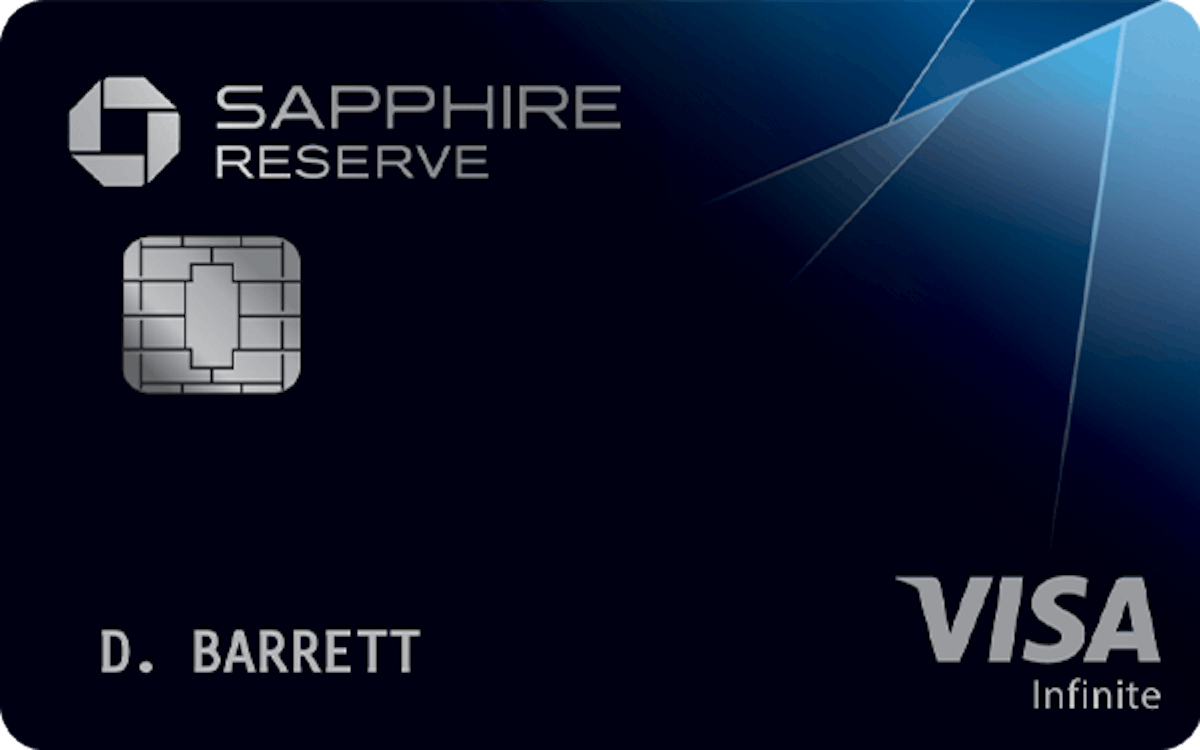
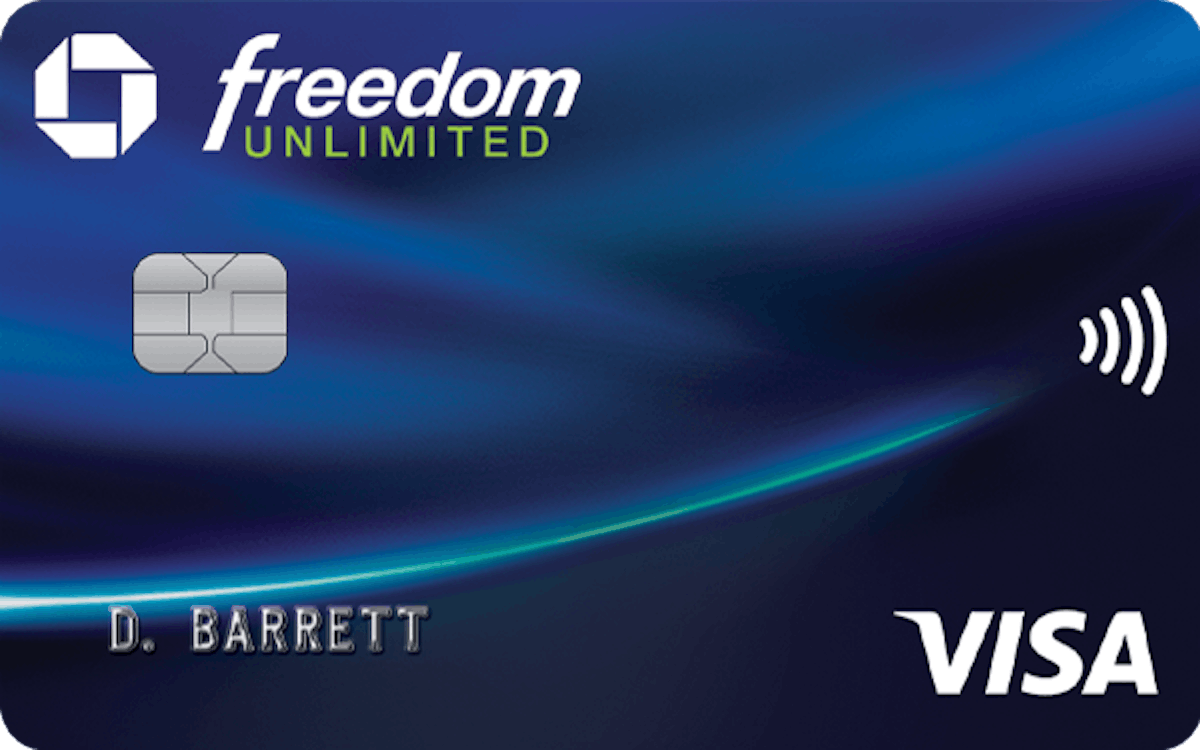
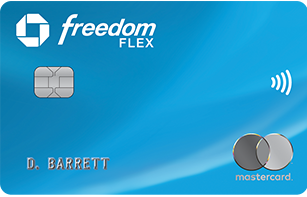
Bank of America - My Newest Bae.
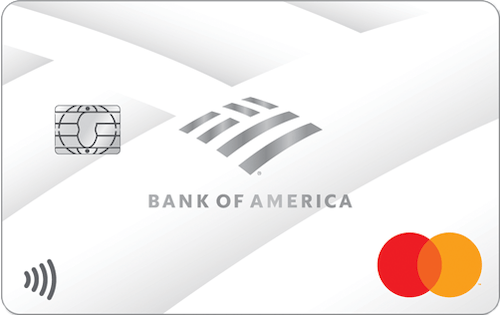
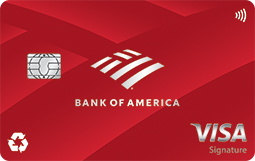
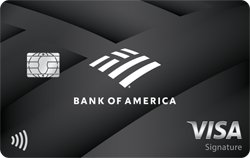
Everyone Else.
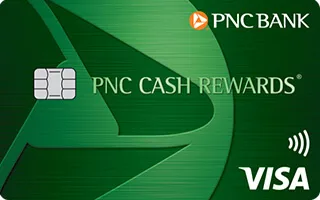



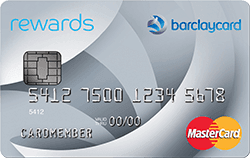
- Mark as New
- Bookmark
- Subscribe
- Mute
- Subscribe to RSS Feed
- Permalink
- Report Inappropriate Content
Re: Rewards and the what have you done with them questions.....
@Anonymous wrote:It's an interesting question as to the "real" value vs costs of rewards. In the outside world, someone might have say a Quicksilver, use it for everything, and maybe end up with a hundred dollars or so at the end of the year, depending on spend. This really is free money.
Whereas here: hours spent researching cards, hours spent tracking utilization and due dates, paying early to reduce utilization thus losing float etc. If you calculate the extra effort to do it properly, vs the additional value of the rewards, might not be so great!
Similar questions were raised in manufactured spending forums. Yes, you can get a few thousand cash back per month, but if you are spending hours going to 8 different drug stores and supermarkets, then on to 4 different walmarts, and finally to 5 banks to deposit money orders, the time and gas cost may make clipping coupons from newspapers have a better $ per hour rate!
Great points, longtime! Sometimes I think we forget how small some of these amounts are (1%, 2%, even 5%). When you actually sit down adn do the math (and figure in opportunity cost), putting all that extra effort for a few extra bucks seems like a waste. Even with MS, one really needs to churn A LOT to see any real profit.
Better to use our cards "organically" and cash in on the benefits as they come.

















- Mark as New
- Bookmark
- Subscribe
- Mute
- Subscribe to RSS Feed
- Permalink
- Report Inappropriate Content
Re: Rewards and the what have you done with them questions.....
@Dw4250 wrote:
@Anonymous wrote:It's an interesting question as to the "real" value vs costs of rewards. In the outside world, someone might have say a Quicksilver, use it for everything, and maybe end up with a hundred dollars or so at the end of the year, depending on spend. This really is free money.
Whereas here: hours spent researching cards, hours spent tracking utilization and due dates, paying early to reduce utilization thus losing float etc. If you calculate the extra effort to do it properly, vs the additional value of the rewards, might not be so great!
Similar questions were raised in manufactured spending forums. Yes, you can get a few thousand cash back per month, but if you are spending hours going to 8 different drug stores and supermarkets, then on to 4 different walmarts, and finally to 5 banks to deposit money orders, the time and gas cost may make clipping coupons from newspapers have a better $ per hour rate!
Great points, longtime! Sometimes I think we forget how small some of these amounts are (1%, 2%, even 5%). When you actually sit down adn do the math (and figure in opportunity cost), putting all that extra effort for a few extra bucks seems like a waste. Even with MS, one really needs to churn A LOT to see any real profit.
Better to use our cards "organically" and cash in on the benefits as they come.
+1